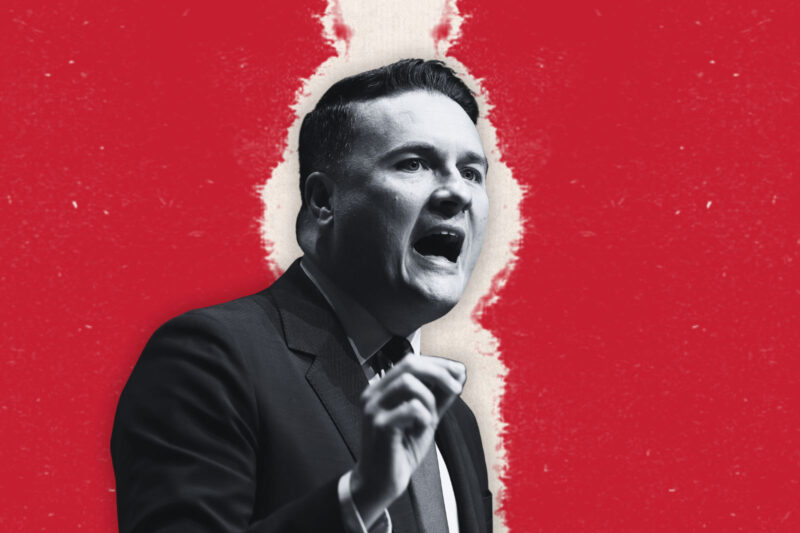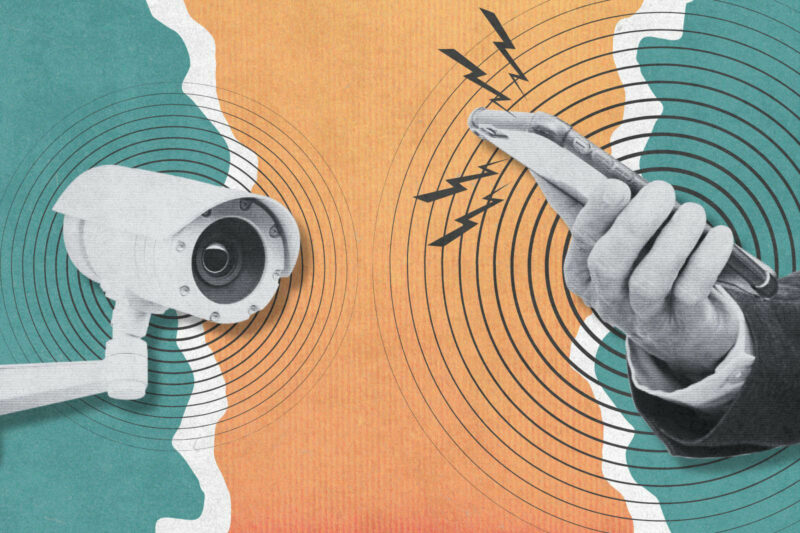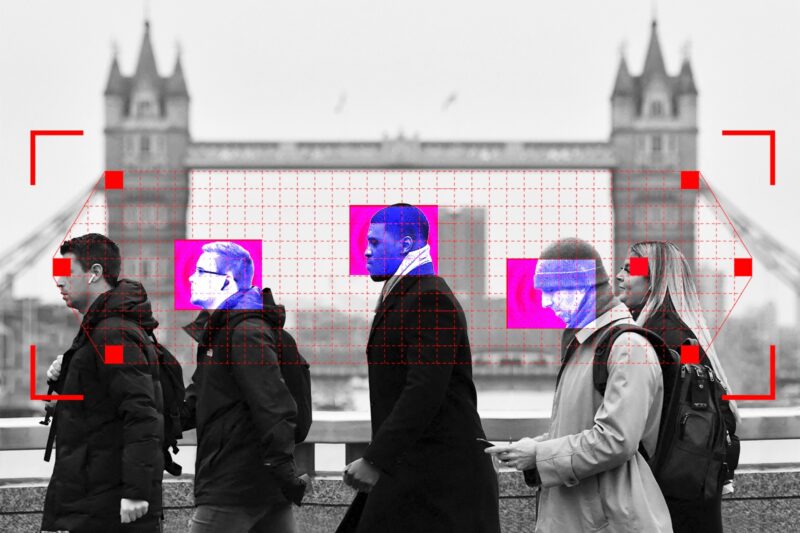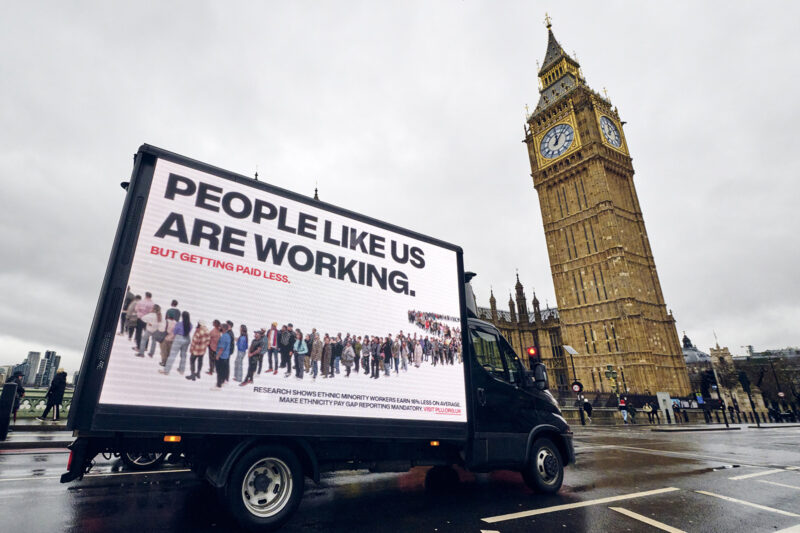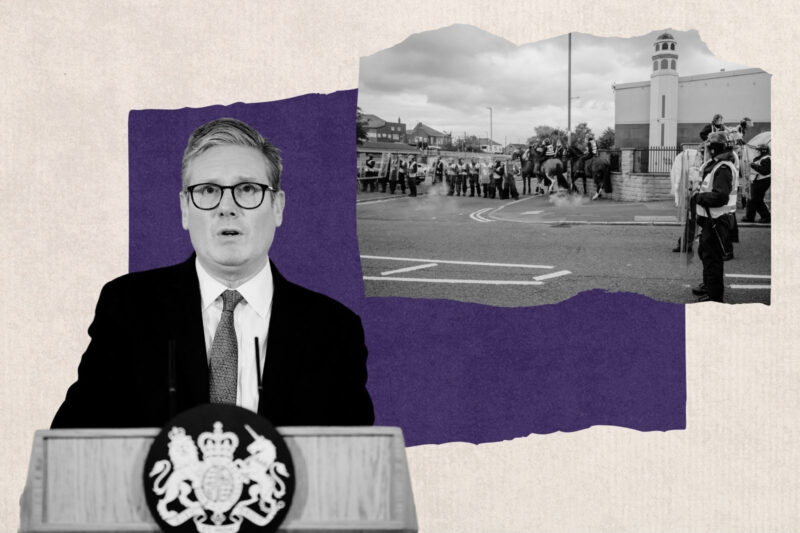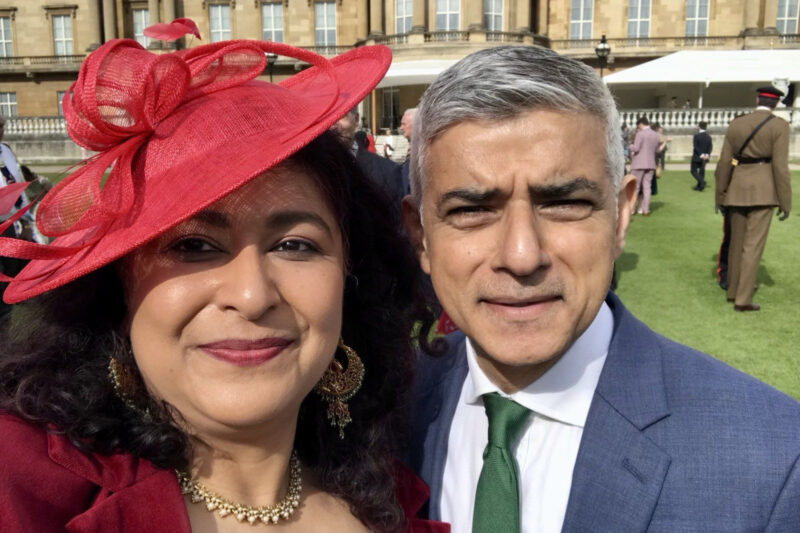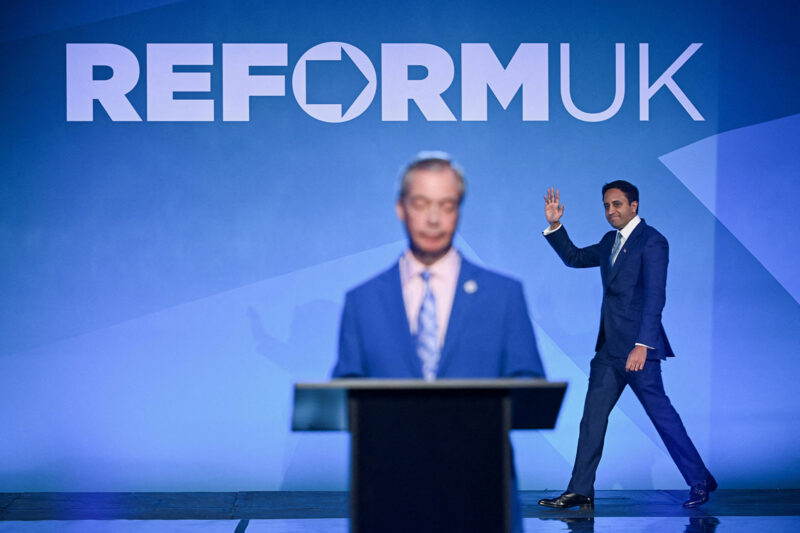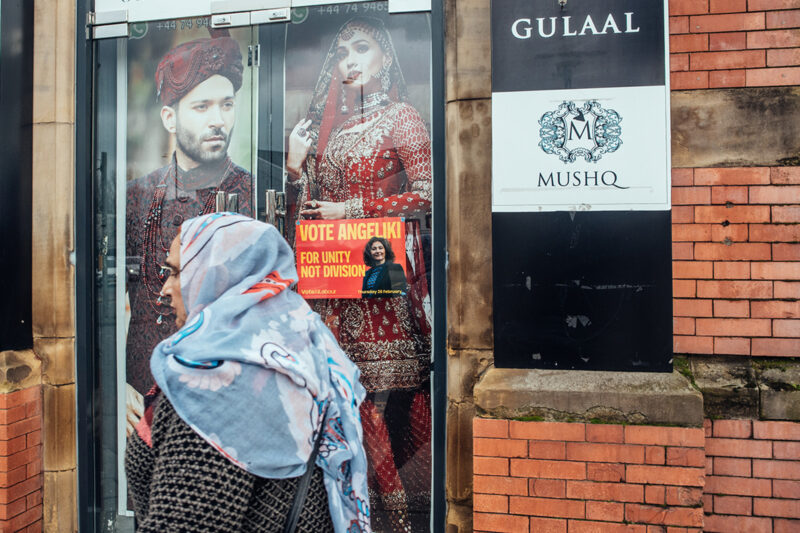UK government quietly backs away from Islamophobia definition
Labour adopted cross-party definition while in opposition but is now refusing to commit despite rising hate crime
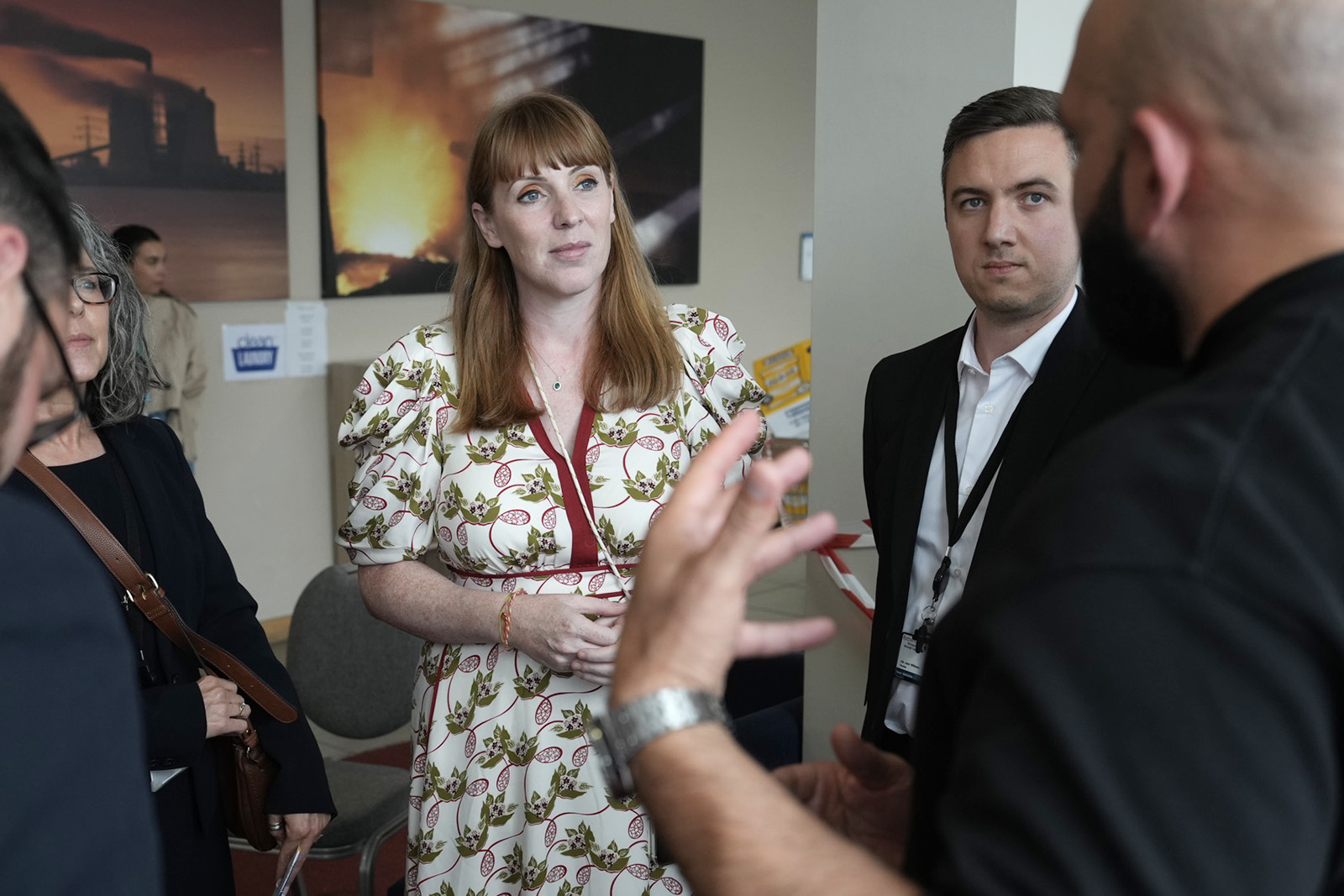
The Labour government appears to have quietly backed away from adopting a definition of Islamophobia proposed by MPs that campaigners say is needed to tackle rising hate crime against Muslims.
Labour had been expected to formally adopt the definition on entering government, having already done so internally in 2019. But last week, the government cast doubt over its plans in response to a written question from an MP.
Deputy prime minister Angela Rayner was asked whether her Ministry of Housing, Communities and Local Government “has made an assessment of the potential merits of adopting the working definition of Islamophobia published by the APPG on British Muslims”, in a written question by Conservative MP David Simmonds, the shadow housing minister.
Alex Norris, the minister for democracy and local growth, made no mention of a definition in his response to the question on Rayner’s behalf.
“We are actively reviewing our approach and considering various options for how best to tackle Islamophobia and all forms of hatred, to deliver a more integrated and cohesive approach to this vital work,” he said.
When Hyphen asked the government if it would clear the air by committing to the definition, a spokesperson instead referred it to Norris’s answer.
The apparent change in tone came a week after Rayner told the Commons that the government was “actively considering our approach to Islamophobia, including definitions” and would “provide further updates in due course”.
Last month, it was reported that 80 Muslim organisations and community leaders had urged the government to adopt the definition of Islamophobia proposed by MPs “without delay, to send a clear message that Islamophobia will not be tolerated”. It said that the normalisation of anti-Muslim sentiment was a key driver of the recent riots.
Anti-Muslim hate crimes have surged in the UK this year — the charity Tell Mama has documented 2,010 Islamophobic incidents between 7 October and 7 February, a steep rise from the 600 it recorded for the same period in 2023.
A formal definition of Islamophobia was first proposed by the All-Parliamentary Party Group (APPG) on British Muslims following a public inquiry in 2019. The then co-chairs of the group, former Conservative MP Anna Soubry and health secretary Wes Streeting, said the definition was necessary “if bigotry directed at particular sections of our society is to be widely understood and challenged”.
The APPG said Islamophobia is “rooted in racism and is a type of racism that targets expressions of Muslimness or perceived Muslimness”.
The previous Tory government initially declined to back the group’s definition but hired an adviser to work on its own. However, the plans were dropped by former housing secretary Michael Gove in 2022. At the time, Gove had reportedly agreed with a panellist at a debate on extremism who described the definition as “drivel”.
In February, the former Conservative MP and deputy party chairman Lee Anderson lost the whip after making anti-Muslim comments about London mayor Sadiq Khan. Anderson’s sacking reignited a row within the party about its approach to tackling Islamophobia, with a poll showing that a majority of members continued to back Anderson.
Kemi Badenoch, the then business secretary and now frontrunner to become the next Conservative party leader, said that she preferred the term “anti-Muslim hatred” and opposed a definition of Islamophobia on the grounds that it would create “a blasphemy law via the back door”.
While Labour had backed the APPG’s proposal in 2019, the definition had also had its detractors within the party. Chief among them was former MP Khalid Mahmood, also a senior fellow at Policy Exchange, who was unseated by independent Ayoub Khan in 2024.
 Newsletter
Newsletter


